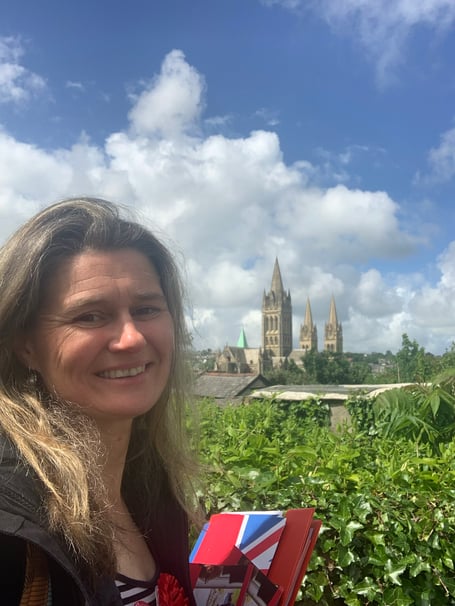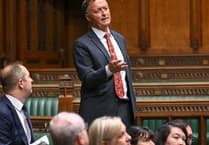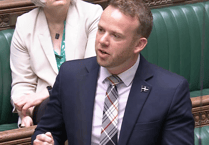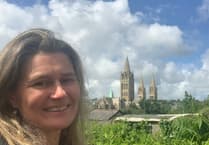NATIONAL measures like the Index of Multiple Deprivation (IMD) don’t always tell the full story. Designed around urban populations, these metrics can obscure rural hardship. In places like Cornwall, where wealth and deprivation exist side by side, localised poverty is often masked.
Moreover, deprivation metrics such as car ownership are also misleading. In rural areas, owning a car isn’t necessarily a sign of wealth — it’s an essential. Without one, people can't get to work, college, or even the nearest GP. As we’ve found out recently, our bus service is fragile. And many of the cars you see driving along the lanes are beat-up old bangers.
Due to a lack of visibility, many families are falling through the cracks. Poverty here is seen in missed meals, mounting debt, and the fact that around 21 to 26 per cent of children in Cornwall live in relative poverty.
Wages in Cornwall remain below the national average and many rely on insecure, seasonal work. Even those with qualifications can find it hard to access stable, fairly paid jobs.
At the same time, housing is still often out of reach and Cornwall has one of the highest proportions of second homes and short-term holiday lets in the UK. In the summer of 2024 alone, there were around 24,000 short-term lets. The Government are moving to register and licence holiday lets, with the support of the industry, and double council tax has been brought in on empty second homes.
The pressure on housing is reflected in the fact that over 27,000 households are now on the social housing waiting list in Cornwall. Around 800 families are living in temporary or emergency accommodation – including caravans, B&Bs, and, in some cases, even cars. Section 21 ‘no-fault’ evictions have played a major role in this, which is why I’m proud that this Government is abolishing them through the Renters’ Rights Bill.
Rural poverty looks different. It means long, expensive college commutes. It means no reliable public transport to get to a job interview or hospital appointment. It means heating a poorly insulated home with expensive fuels because nearly half of Cornish homes are off the gas grid.
For Challenge Poverty Week, I visited the Falmouth Salvation Army Church and Community Centre. What they do is remarkable – providing food support, housing advice, health clinics, and even a visiting vet. But their very existence speaks to the gaps in our system. Their team is amazing, and I am grateful for the work they do, but society should not have to rely on charity to meet basic needs.
That is why this Labour Government is acting. We are expanding free school meals and breakfast clubs. We are reintroducing Sure Start-style Best Start Hubs. We are increasing the minimum wage for everyone, introducing a bus franchising pilot to Cornwall and making the biggest investment in social housing in a generation. And this Labour Government has announced a £925,000 injection to tackle homelessness and rough sleeping in Cornwall and is bringing in the Warm Homes Plan to help people keep their houses warmer. We are also changing the funding formula for local government and GPs’ funding to make it fairer for areas like ours.
Cornwall’s challenges are complex — coastal, rural, and compounded by infrastructure gaps and underinvestment. We need rural-sensitive policies and long-term investment. Cornwall is a beautiful place, but rural poverty is very real, and no one should be left behind because of where they live.





Comments
This article has no comments yet. Be the first to leave a comment.